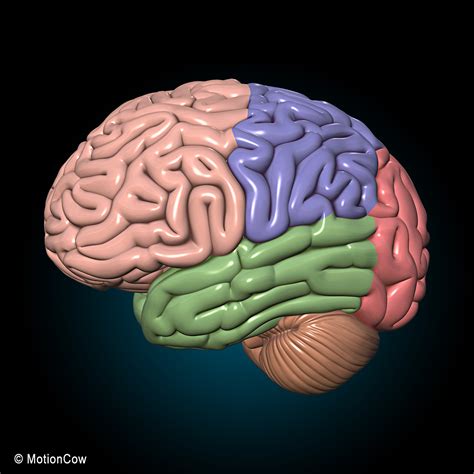How does adequate sleep impact cognitive function and overall well-being?

In our fast-paced world, sleep is often viewed as a luxury rather than a necessity. However, mounting scientific evidence underscores its critical role in maintaining optimal cognitive function and overall well-being. Far from being a passive state, sleep is an active period of restoration and crucial processing for both mind and body.
The Intricate Link Between Sleep and Cognitive Performance
Our brains work tirelessly during the day, processing information, making decisions, and learning new things. Sleep provides the essential downtime needed to consolidate memories, process emotions, and prepare for the next day’s challenges.

Memory Consolidation and Learning
One of sleep’s most significant cognitive benefits is its role in memory consolidation. During deep sleep (NREM stage 3) and REM sleep, the brain actively transfers short-term memories from the hippocampus to the neocortex for long-term storage. This process helps to strengthen neural connections, making newly acquired information more stable and accessible.
Without sufficient sleep, this consolidation is impaired, leading to difficulties in recalling facts, learning new skills, and retaining information. Students, in particular, often find that pulling all-nighters can be counterproductive to their academic performance, as the lack of sleep hinders their ability to solidify what they’ve studied.
Attention, Focus, and Problem-Solving
Adequate sleep is fundamental for maintaining attention and focus throughout the day. Sleep deprivation, even partial, can significantly impair concentration, leading to increased errors, reduced productivity, and difficulty staying on task. The prefrontal cortex, responsible for executive functions like decision-making, planning, and problem-solving, is particularly vulnerable to the effects of insufficient sleep.
When well-rested, individuals exhibit greater mental clarity, faster reaction times, and enhanced ability to think creatively and logically. This direct impact on cognitive agility makes sleep a performance enhancer in both professional and personal spheres.

Sleep’s Profound Impact on Overall Well-being
Beyond cognitive benefits, quality sleep profoundly affects our emotional, psychological, and physical well-being, contributing to a holistic state of health.
Emotional Regulation and Mood
Sleep plays a crucial role in regulating emotions. During REM sleep, the brain processes emotional experiences, helping us cope with stress and trauma. Lack of sleep can lead to increased irritability, mood swings, heightened emotional reactivity, and a reduced ability to manage stress effectively. It can also exacerbate symptoms of anxiety and depression, creating a vicious cycle where poor sleep fuels mental health challenges, and vice-versa.

Physical Health and Immunity
Sleep is not just for the mind; it’s essential for physical restoration. During sleep, the body repairs cells, regenerates tissues, and synthesizes hormones vital for growth and appetite regulation. Adequate sleep strengthens the immune system, making the body more resilient against infections and illnesses. Conversely, chronic sleep deprivation is linked to an increased risk of chronic diseases, including obesity, type 2 diabetes, cardiovascular disease, and high blood pressure.
Hormones like ghrelin (which stimulates appetite) and leptin (which signals fullness) are balanced by sufficient sleep. When sleep-deprived, ghrelin levels rise, and leptin levels fall, leading to increased appetite and potential weight gain.

Enhanced Quality of Life
Ultimately, getting enough quality sleep translates to an enhanced quality of life. Individuals who prioritize sleep report higher levels of happiness, greater life satisfaction, improved relationships, and a more positive outlook. They are more energetic, more resilient to daily stressors, and better equipped to pursue their goals and enjoy their lives to the fullest.
Tips for Improving Sleep Quality
- Establish a Routine: Go to bed and wake up at the same time each day, even on weekends.
- Create a Relaxing Environment: Ensure your bedroom is dark, quiet, and cool.
- Limit Screen Time: Avoid electronic devices an hour before bedtime.
- Watch Your Diet: Limit caffeine and alcohol, especially in the evening.
- Regular Exercise: Physical activity can improve sleep, but avoid intense workouts close to bedtime.
- Manage Stress: Practice relaxation techniques like meditation or deep breathing.

Conclusion
Adequate sleep is not merely a break from daily activities; it is a vital, non-negotiable component of human health. Its profound impact on cognitive function – from memory and learning to attention and problem-solving – is undeniable. Equally important are its roles in fostering emotional resilience, bolstering the immune system, and contributing to overall physical health. Prioritizing quality sleep is one of the most effective strategies for enhancing both mental performance and general well-being, paving the way for a healthier, happier, and more productive life.









